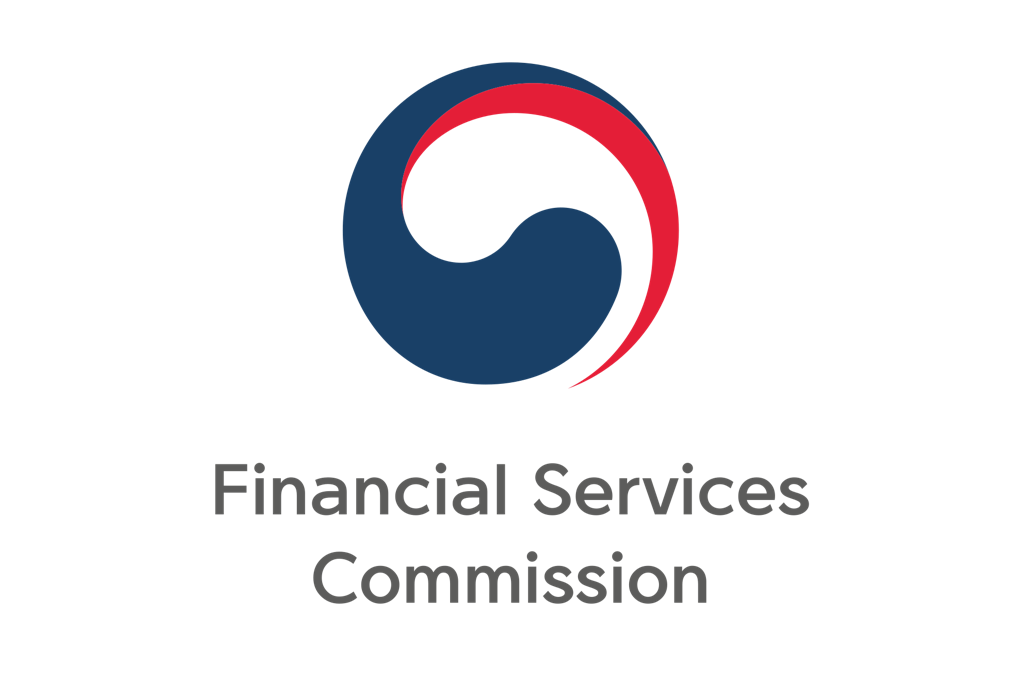
On June 30, the National Assembly of South Korea passed the country’s most comprehensive crypto law, focused on regulating the activities of virtual asset service providers (VASP). According to the official press release, the law adjusted and integrated 19 bills on the topic that were previously pending in the parliament, setting a strict new crypto regime.
South Korea authorities cracked down on unregistered crypto operators and intensified works on crypto legislation immediately after the country's largest crypto project, Terra, wiped $50 billion off users’ assets worldwide. Shortly after that, a working group that included public and private participants defined the three main principles defining the nation's legal position: step-by-step enactment development, same risk - same rules and global consistency.
As the first priority, the lawmakers focused on regulating the activities of VASPs:
- The new law defines strict conditions for the custody of user assets: separation from own funds, cold wallet storage, loss insurance and transaction audit trail.
- The second important element prohibits unfair trading practices such as front running, market manipulation, wash trading, as well as arbitrary blocking of withdrawals.
- Finally, sanctions in the form of large penalties and imprisonment are specified for those who infringe the above rules.
The law defines “virtual assets” as an “electronic representation of an economic value that can be traded or transferred electronically.” The central bank digital currency (CBDC) is excluded from the scope of the new law.
Earlier, the South Korea Financial Services Commission (FSC) introduced a reporting system for virtual asset operators through the revision of the ‘Special Financial Transactions Act’, and prepared various regulatory devices for anti-money laundering compliance.
The current amendments will go into force in July 2024. The next stage of crypto legislation is expected to focus on rules for local companies in token issuance and information disclosure.
South Korea was one of the top crypto economies in the world. However, after the Terra collapse, the country's image significantly worsened. With the continued strengthening of legislation around digital assets, South Korea aims to bring back the confidence of industry investors and regain its leading position in the crypto industry.

